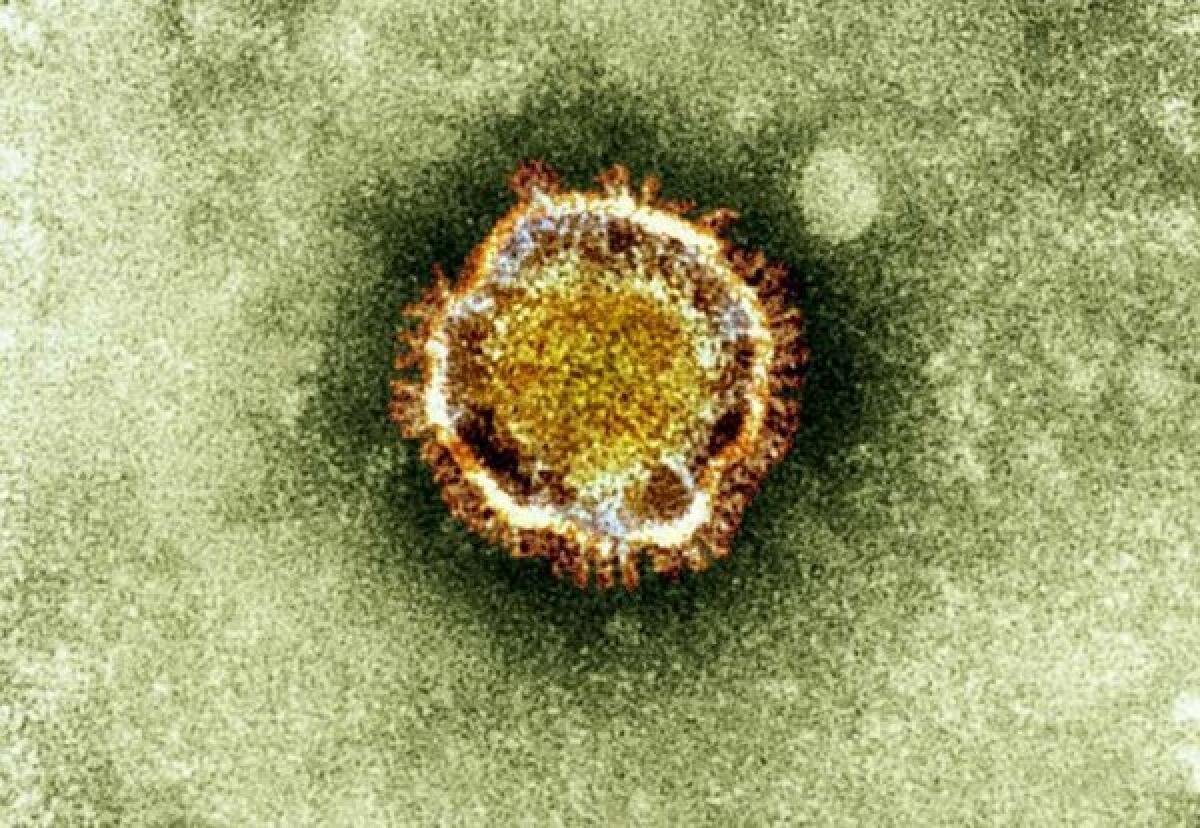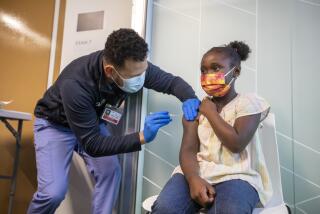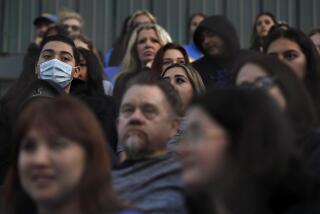Coronavirus spread in U.S. is inevitable, CDC warns. It’s ‘a question of when’

- Share via
The U.S. Centers for Disease Control and Prevention has advised communities to take precautions in the event that the coronavirus spreads — something that officials believe to be inevitable.
“Ultimately, we expect we will see coronavirus spread in this country,” said CDC Director Nancy Messonnier. “It’s not so much a question of if, but a question of when.”
Messonnier advised parents to talk to schools about the possibility of internet-based learning in the event that COVID-19 spreads and students would need to refrain from attending classes in a school building, and for businesses to think about how to use teleconferencing meetings in the event that employees would need to work from home. Messonnier said officials would also need to consider whether large community-based events would need to be canceled in such an event.
There is still no vaccine for the virus, which has killed more than 2,700 people — mostly in mainland China. Though the CDC’s mandatory quarantine prompted health officials to scramble and has stirred growing fears within communities, it is one of the few tools officials believe can mitigate the spread of the disease.
Messonnier reminded people to take proactive steps in washing their hands and cleaning exposed surfaces. She also reiterated that despite fears over coronavirus, the flu still poses a greater risk to the public.
There are currently 53 cases of confirmed coronavirus in the United States — 40 of those are repatriated individuals from the Diamond Princess cruise ship.
Stock prices plummeted for the second consecutive day as investors grew increasingly skeptical that the virus would soon be contained, thus raising prospects that the outbreak could do further damage to the global economy.
The Dow Jones industrial average, which had skidded 1,032 points Monday, dropped an additional 879.44 points Tuesday to 27,081.36 for a decline of 3.2%. The blue-chip average now has dived 8.4% since setting a record high Feb. 12.
The S&P 500 fell 3% on Tuesday and the Nasdaq composite index lost 2.8% in the worst selling on Wall Street since the fall of 2018. Stocks of companies involved in travel, energy and consumer goods continued to take the worst hit amid fears of a slowdown in consumer spending and demand for crude oil and gasoline.
The price of crude on U.S. markets dropped 3% to just under $50 a barrel. American Airlines Group fell 9.2%, Marriott International lost 8%, American Express Co. fell 5.7% and Exxon Mobil Corp. dropped 3.8%. As they fled stocks, many investors continued buying U.S. government bonds, further sending the bonds’ yields lower.
The yield on the benchmark 10-year Treasury note fell to a record low 1.34%. There’s also speculation that the Federal Reserve might have to cut interest rates in response to any virus-sparked slowdown in economic growth. Richard Clarida, vice chair of the central bank, said in a speech Tuesday that while the U.S. economy currently “is in a good place” and that “U.S. inflation remains muted,” the Fed is “closely monitoring the emergence of the coronavirus.”
He said it was “still too soon to even speculate about either the size or the persistence” of a virus-related economic disruption, but “if developments emerge that, in the future, trigger a material reassessment of our outlook, we will respond accordingly.”
More to Read
Sign up for Essential California
The most important California stories and recommendations in your inbox every morning.
You may occasionally receive promotional content from the Los Angeles Times.















